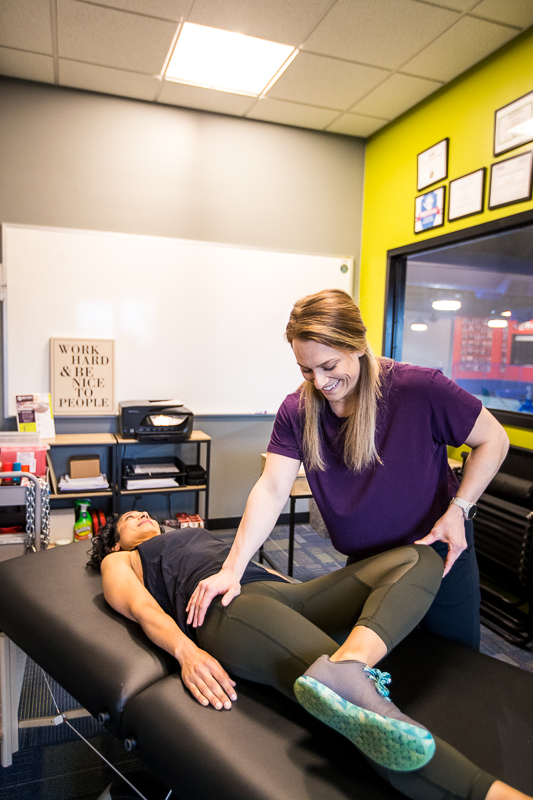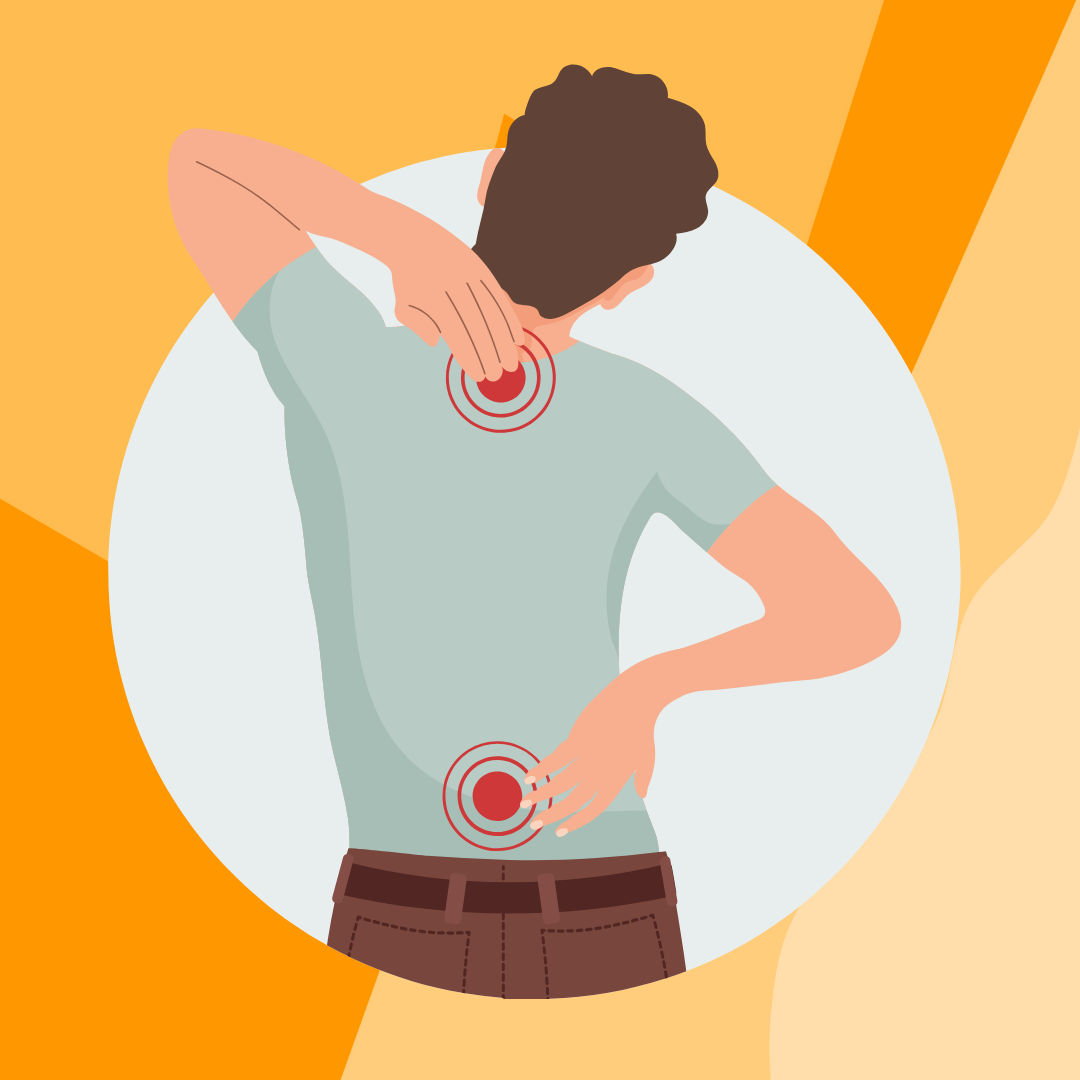Expert Insights for Your Active Life
Get evidence-based tips, training advice, and health strategies from our team of performance specialists. Stay informed, stay strong, and keep moving forward.
DON’T MISS A BEAT. JOIN OUR COMMUNITY.
Get expert tips, training insights, and health strategies delivered straight to your inbox. It’s perfect for active adults who refuse to let pain or injury slow them down.








.webp)






.png)
